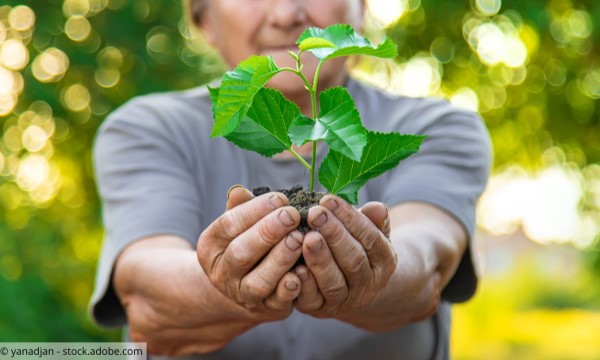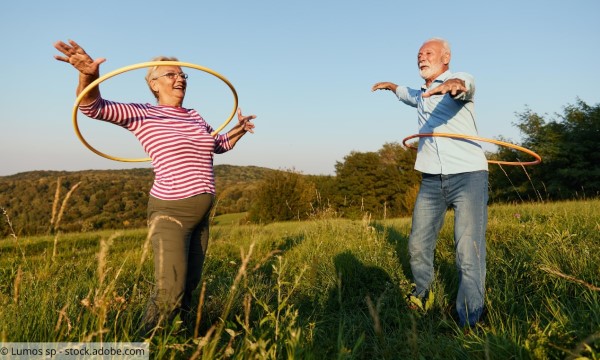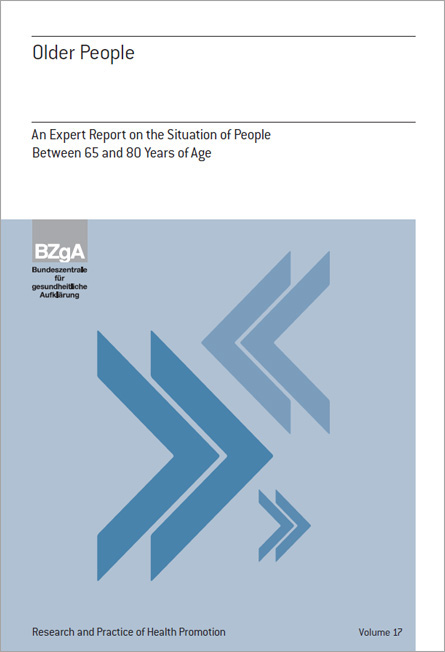Bestellnummer
60817070
Schutzgebühr
keine
Thema/Gegenstand
An Expert Report on the Situation of People Between 65 and 80 Years of Age
Dieser Artikel ist vergriffen und nicht mehr bestellbar, eine Neuauflage ist nicht vorgesehen. Wir stellen den Artikel jedoch hier im Archiv weiterhin als PDF-Dokument zur Verfügung. Bitte beachten Sie, daß die Inhalte von Archivpublikationen möglicherweise nicht mehr in vollem Umfang dem heutigen Wissensstand oder der aktuellen Rechtslage entsprechen.
Inhalt/Abstract
In light of the current demographic developments in Germany, in which we are seeing a considerable increase in the number of older people in the general population, health promotion and preventive health care for older people are becoming increasingly important. Health in old age is a high priority both for individuals and for society as a whole. Life expectancy at birth is now 82.7 years for girls and 77.7 years for boys. A look at the life expectancy of older people shows that men who have reached the age of 60 have a life expectancy of a further 21.3 years, while 60-year-old women have almost 25 more years to live. By mid-2030 around 28 million people aged over 65 will be living in Germany. The aim is to enable these people to experience the highest possible quality of life in their remaining years. To this end, it is important that older people can actively shape their lives for as long as possible and enjoy a high degree of self-determination. Only then will they be able to make full use of the options and resources available to them.
It should be noted that this group of older people is extremely heterogeneous: their individual circumstances and biographies differ greatly, as do their associated health risks and opportunities. To develop effective
health promotion strategies, it is therefore important that we take into consideration this diversity in life circumstances and in the individual process of growing older. An early and lifelong approach to health promotion
is important in order to maintain and improve health, independence and participation into old age. Strategies to achieve this should take into account the different lifestyles, life stages and vulnerabilities of the individuals in question, as well as their resources, strengths and opportunities.
Building on the report entitled “The Young Old”, which focused on the target group of men and women aged 55 to 65 (BZgA 2011), the Federal Centre for Health Education commissioned the Institut fur Gerontologische
Forschung e.V. (Institute for Gerontological Research) to prepare a targeted analysis of national, publicly available data and current information on a variety of topics, in order to obtain an overview of the various life situations of people aged between 65 and 80.
This expert report provides an overview of the socio-economic situation, social relationships, health situation and health behaviour of 65- to 80-year-olds in Germany. It also explores the areas of leisure, civic engagement and volunteering, the living situations of older people and the topic of long-term care. The following study enables readers to gain an overall picture of the life situations of the large target group of 65- to 80-year-olds in Germany.
With this specialist publication, the Federal Centre for Health Education has made available a detailed report which can be used by local stakeholders as a basis for planning preventive health care and health-promotion
activities for older people.







